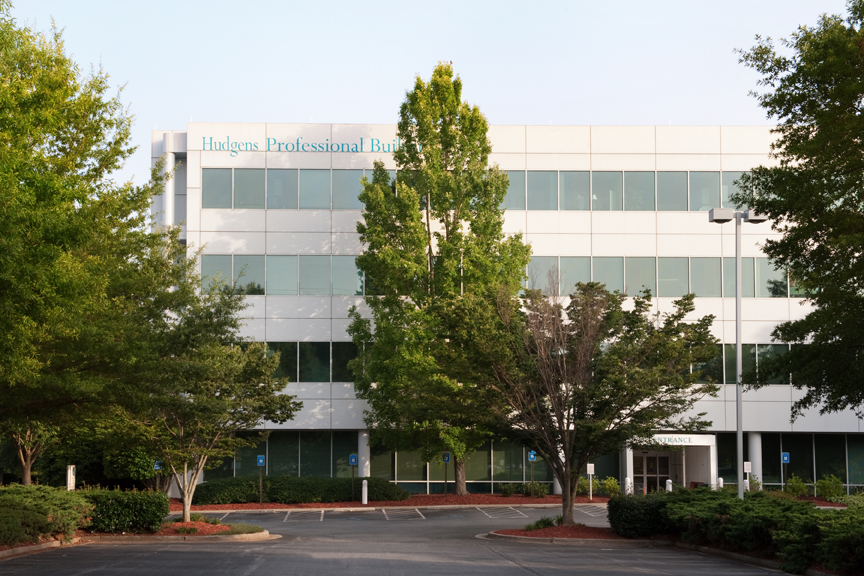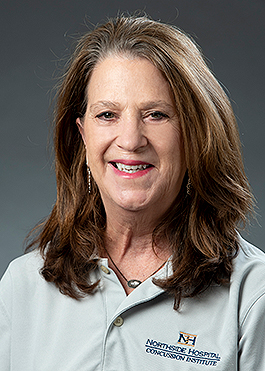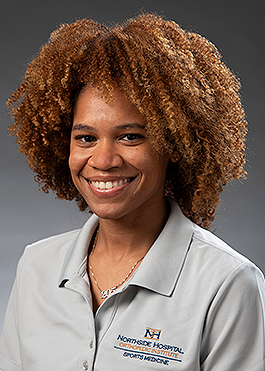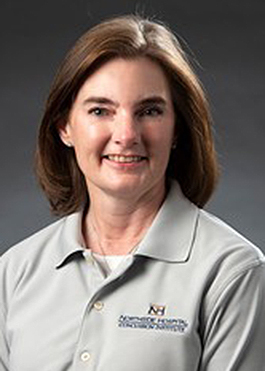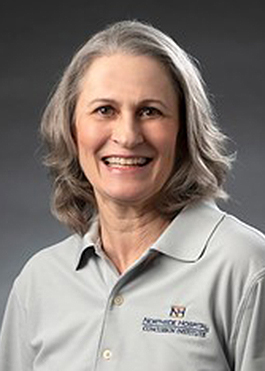At the Concussion Institute, we provide comprehensive concussion diagnosis and treatment.
Following a concussion test and the positive diagnosis of a concussion, rest is key. Individuals with a concussion should not participate in any high-risk activities (e.g., sports, PE classes, recess, riding a bike or any other physical activity that increases normal heart rate). Limit activities that require lengthy mental activity or concentration (such as homework, schoolwork, job-related activities, extended video game playing, etc.), as this can make the symptoms worse. Make sure they get good sleep—no late nights or sleepovers. Encourage them to take naps when they feel tired or drowsy.
Inform the School
It is important that teachers, administrators, counselors, etc., know about your child’s injury. Student-athletes who experience concussion symptoms often need extra help to perform school-related activities and may not perform at their best on tests. Rest breaks during the school day can also be helpful. As symptoms decrease during recovery, the extra help or supports can be slowly removed. The Concussion Institute staff will work with your child’s school to help manage the workload and schedule as your child recovers.
Be Patient!
It is normal for a child or adolescent to feel frustrated, sad and even angry because they cannot return to sports and/or recreation right away. With any injury, a full recovery will lower the chances of getting hurt again. It is better to miss one or two games than an entire season. Careful post-injury management will ensure the quickest and safest return to sports and to the classroom.
Recovery Times Vary
Allow your child to return to play only with permission from a healthcare professional who has experience in evaluating concussions. Recovery will vary across individuals, so you should be wary when permission is based on the amount of time spent “resting,” rather than measures of current symptoms and neurocognitive status.
Any athlete who is recovering from a concussion, but has not yet fully recovered, is at risk for what’s known as Second Impact Syndrome (SIS). Not only can a repeat concussion—one that occurs before the brain has completely healed—slow recovery, it can also increase the likelihood of having long-term problems and, in rare cases, it can cause death. Prevent common long-term problems and SIS by seeking appropriate medical evaluation and approval for return-to-play.
Once cleared—when 100% symptom free—be sure that your child follows a gradual return-to-play protocol under the supervision of a healthcare provider or certified athletic trainer with expertise in concussion management.
Find a Doctor
To talk to one of Atlanta’s leading concussions experts, or to set up an appointment, call 678-312-7880.
